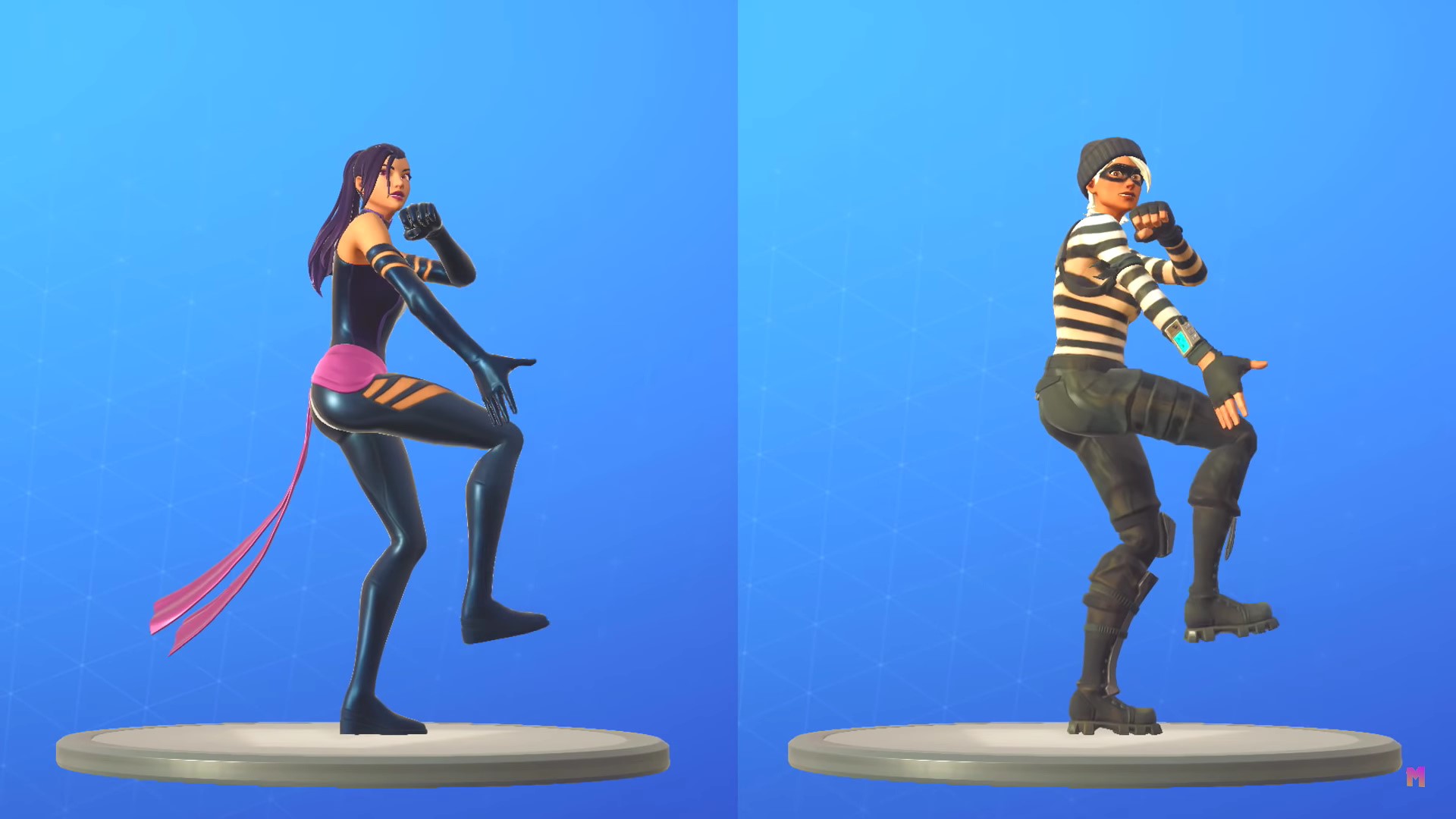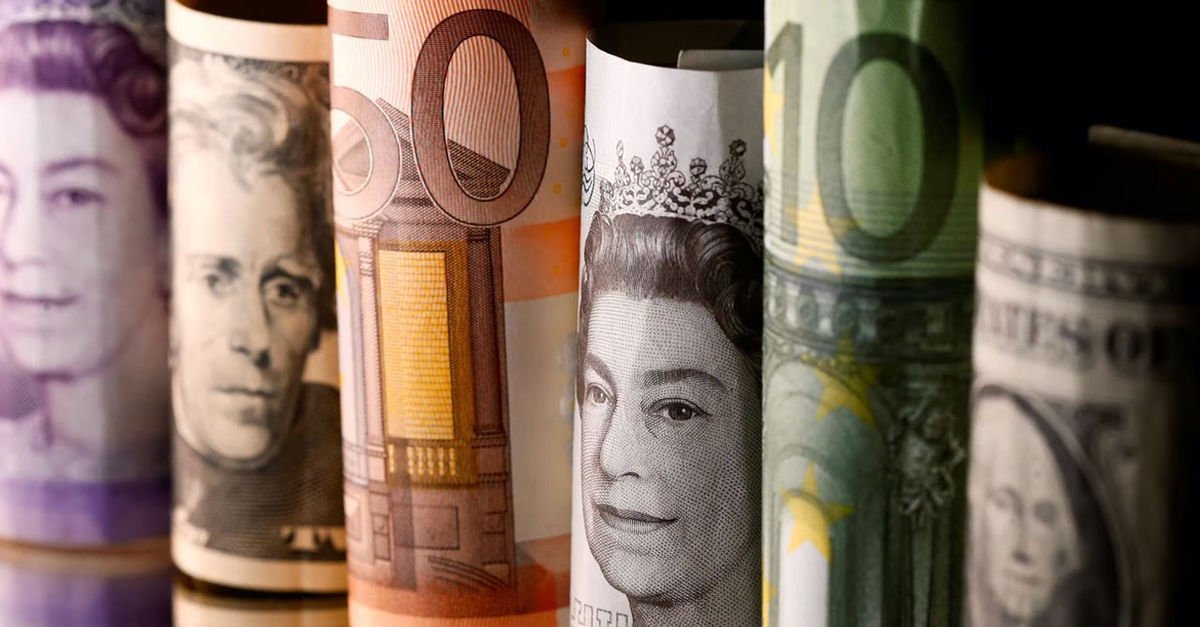Epic Games And Fortnite: A New Lawsuit Challenges The In-Game Store Model

Table of Contents
The Lawsuit's Central Claims
The lawsuit against Epic Games and Fortnite alleges several serious breaches of consumer protection laws and fair trading practices. The core claims revolve around the design and operation of Fortnite's in-game store.
-
Deceptive Marketing Practices: The plaintiffs allege that Epic Games employs deceptive marketing tactics to entice players into spending more than they intend. This includes exaggerated descriptions of in-game items and misleading representations of their value.
-
Violation of Consumer Protection Laws: The legal basis for the suit rests on claims that Epic Games has violated various consumer protection laws designed to prevent unfair and deceptive business practices. These laws vary by jurisdiction but generally aim to protect consumers from exploitative commercial tactics.
-
Brought by Consumer Advocacy Groups: The lawsuit is notably not brought by a single individual, but rather by a coalition of consumer advocacy groups concerned about the potential for predatory practices within the gaming industry, focusing specifically on the impact of the Fortnite in-game store.
Fortnite's In-Game Store Mechanics Under Scrutiny
Fortnite's in-game store is a central component of its business model, generating billions in revenue. Its mechanics are now under intense scrutiny.
-
V-Bucks and Cosmetic Items: Players purchase virtual currency, called V-Bucks, to acquire cosmetic items like skins, emotes, and gliders. These items have no impact on gameplay but offer visual customization. The rarity of these items, coupled with limited-time offers, influences purchasing decisions.
-
Psychological Design: The Fortnite in-game store employs psychological tactics to encourage spending. Limited-time offers, countdown timers, and visually appealing item presentations create a sense of urgency and scarcity, driving impulsive purchases.
-
Loot Boxes and Pay-to-Win Concerns: While Fortnite doesn't feature traditional loot boxes with random rewards impacting gameplay directly (a "pay-to-win" mechanic), the system of purchasing cosmetic items with varying rarity can be seen as a form of psychological manipulation, potentially leading to excessive spending.
Potential Implications for the Gaming Industry
The outcome of this Epic Games and Fortnite lawsuit has far-reaching implications for the entire gaming industry.
-
Impact on Other Developers: Many other game developers utilize similar in-game store models, making this lawsuit a precedent-setting case. A ruling against Epic Games could trigger similar lawsuits and regulatory scrutiny for other companies employing comparable strategies.
-
Regulation of In-Game Purchases: The lawsuit could lead to increased government regulation of in-game purchases and loot boxes, particularly concerning their potential for encouraging gambling-like behavior among minors.
-
Increased Transparency: The case may push the industry towards greater transparency regarding the odds of obtaining rare items within in-game stores, offering consumers more informed purchasing decisions and helping mitigate the perceived risk of "pay-to-win" mechanics.
Epic Games' Response and Defense
Epic Games has yet to release a comprehensive statement addressing all the accusations, however, their early responses hint at a strong defense.
-
Denial of Deceptive Practices: Epic Games will likely argue that its marketing practices are transparent and that players make informed purchasing decisions. They will highlight the optional nature of in-game purchases.
-
Defense of Game Design: Epic Games' defense strategy will likely focus on the argument that the design of the in-game store is not inherently manipulative. They will emphasize that players are not compelled to spend money and have full control over their spending habits.
-
Potential Outcomes: The potential outcomes of the lawsuit range from a dismissal of the case to a significant financial settlement and potentially major changes to Fortnite's in-game store model and practices.
Conclusion
The lawsuit against Epic Games and Fortnite over its in-game store model highlights crucial questions regarding consumer protection and responsible game design. The core issue boils down to the ethical and legal implications of employing potentially manipulative tactics to generate revenue. The outcome will significantly influence the future of in-game purchasing in the gaming industry. It's vital that gamers and developers alike are aware of these legal challenges and the potential impact on how in-game purchases are structured and marketed. Follow the Epic Games and Fortnite lawsuit developments to understand the future of in-game purchasing. Learn more about the legal challenges facing in-game store models like that of Epic Games and Fortnite to stay informed.

Featured Posts
-
 Vr
May 17, 2025
Vr
May 17, 2025 -
 Tuerkiye Nin Subat Ayi Uluslararasi Yatirim Pozisyonu Verileri Aciklandi Ayrintili Inceleme
May 17, 2025
Tuerkiye Nin Subat Ayi Uluslararasi Yatirim Pozisyonu Verileri Aciklandi Ayrintili Inceleme
May 17, 2025 -
 The Walking Deads Negan Joins Fortnite Jeffrey Dean Morgans Thoughts
May 17, 2025
The Walking Deads Negan Joins Fortnite Jeffrey Dean Morgans Thoughts
May 17, 2025 -
 Rockwell Automation Angi And Other Stocks Surge Wednesdays Market Winners
May 17, 2025
Rockwell Automation Angi And Other Stocks Surge Wednesdays Market Winners
May 17, 2025 -
 Thellesia E Pasimeve Te Granit Xhakes Ne Bundeslige
May 17, 2025
Thellesia E Pasimeve Te Granit Xhakes Ne Bundeslige
May 17, 2025
